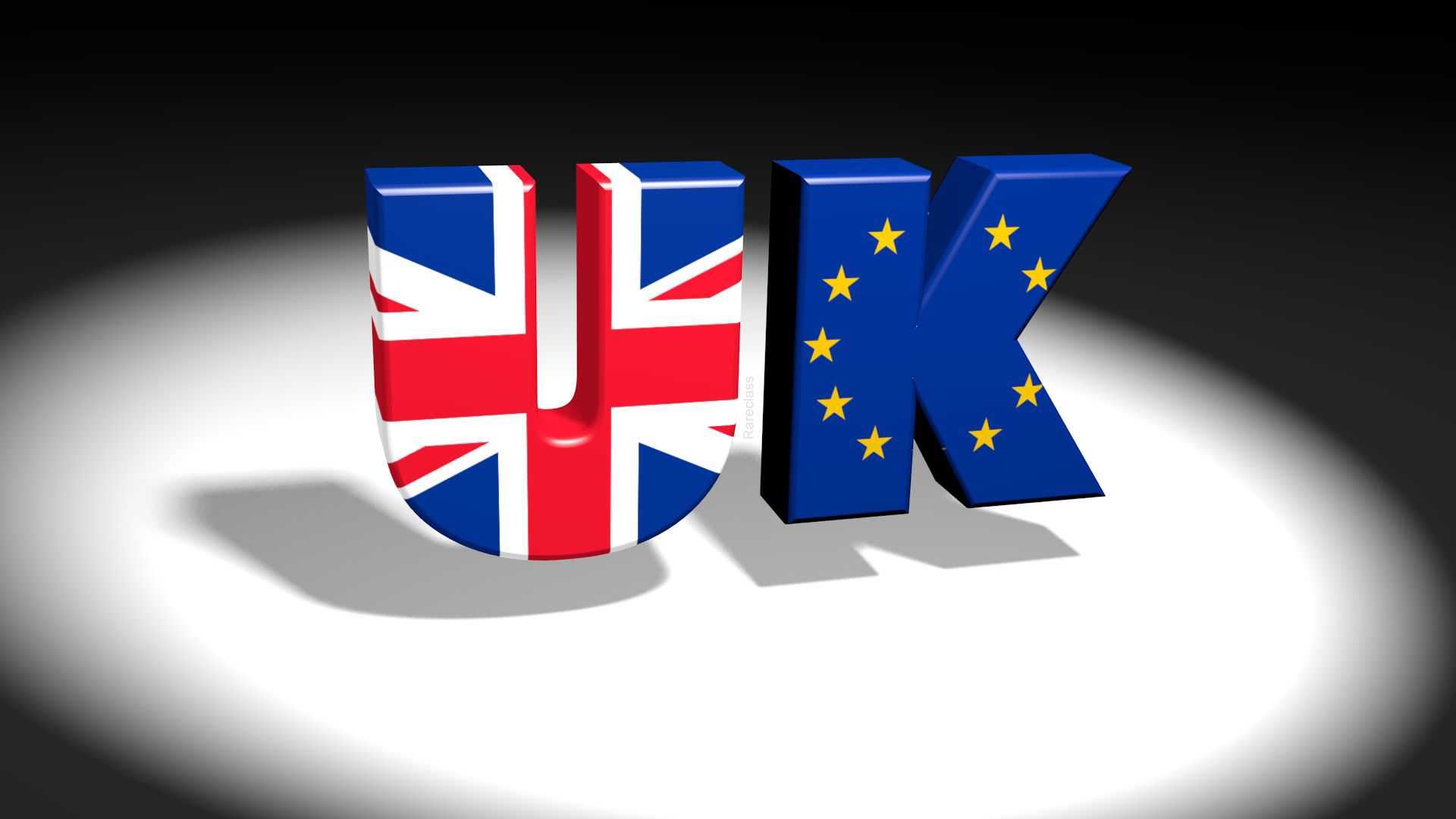BY NYASHA WEINBERG
At 3 a.m. on June 24, I lay awake stunned. Results came pouring in confirming that the debunked polls of the previous week were right, and the markets were wrong. The UK was leaving the EU. Alienated voters had let out a collective “roar of rage,” turning their back on Europe and causing Prime Minister David Cameron to resign.
I was not the only person awake. My feed on Facebook contained a collective outpouring of grief; a mutual agonizing over the consequences of the now democratically mandated Brexit. Scrolling through the torrent of liberal rage felt cathartic. I too felt wronged by Cameron’s gambling the nation’s fate for personal political gain, by the profound intergenerational injustice revealed by the demographic makeup of leave voters, by the prevailing anti-intellectualism of “Britain has had enough of experts,” by the racist anti-migrant poster used by UKIP.
But as I looked closer, I noticed something else on my feed, something more pernicious than expressions of disappointment: blatant contempt, disregard, and misunderstanding of the motivations of Brexit voters. At its worst, it was direct abuse: “Middle England f**ked us again, […] morons.” Others expressed bemusement as to how Brexiteers could have been so stupid as to self-propel the nation toward catastrophe. I was amazed by the diversity of people who shared the impulse to damn and ridicule the opposition, and suggest inexplicable “moronic” behavior on the part of 52 percent of the population. Psychologists call such behavior is called “othering.” It is characterized by actions with which we clearly delineate that other individuals or groups are “not one of us.”
As I thought about what I would write (or if I should write at all), to American friends and colleagues following the date when the “British lose right to claim that Americans are Dumber,” it seemed that a plea to avoid the tendency to other would be most appropriate. The commentariat, often as clear winners of globalization, need to stop directing their ire towards demographics like the Leave supporters, those at the hard end of a system that generates and perpetuates inequality.
Many parts of Britain, Europe and America have suffered horribly as a consequence of the financial crisis and globalization. Enduring inequality, threats to manufacturing exemplified by the recent near closure of the UK’s biggest steel producer at Port Talbot in Wales, which voted to leave, a widening attainment gap preventing intergenerational mobility, and around £13 billion[1] of cuts to benefits resulting from years of austerity have taken their toll.
The majority of those who chose to leave the EU were low income, rural and non-university educated. Voters who faced zero-hour contracts, stagnant or falling real wages, and serious cuts to services expressed their discontent with their feet. It is critical that my demographic resist the reflex temptation to mock or condemn those who so emphatically rejected the status quo. Or we risk using the same dehumanizing tactics of racists, but directed at a different audience. During the campaign, Remain was accused of treating voters like children, and some of the most prominent advocates of Remain, like statistician Ben Goldacre made statements like, “Brexit use language that is targeted at losers.”
Goldacre is an impressive public intellectual of our generation, but this example illustrates how widespread the tendency is to use patronizing language. The language we use determines whether those have been left behind feel alienated and othered, or listened to and included.
There are critically important reasons to be deeply concerned about the reasons that people voted for Brexit, particularly given the dire implications that it will likely have for the future of the UK. The vote showed a complete lack of trust in evidence coming from establishment figures. Warnings from the technocrats at the Bank of England, the Treasury and FTSE 100 bosses, were labeled scaremongering, and then ignored. The publication of immigration statistics transformed the UK debate, and was accompanied by an unsubstantiated panic about the arrival of million of refugees following the possibility of Turkey joining the EU. Finally, the false statistics about budgetary contributions were never fully debunked.
Many of the sentiments that characterized the debate were ugly, and some were racist and xenophobic. I do not want to be an apologist for Nigel Farage, the leader of the UK Independent Party. But, not every Brit that worries about job displacement or distrusts politicians should be labeled an idiot. Populism understands that people want to feel part of something larger, that they want to be included in a nationalist project. We need to stop labeling the angry and disenfranchised, and start listening to their concerns.
For political leaders trying to speak across traditional divides, it is critical to find common ground and counteract the belief that elites are disconnected and self-interested. Most often this is done through action—the incredible work of Jo Cox briefly reminded the people of the UK that some politicians are down to earth, and do enter parliament to serve. Another way is through social organizing—getting out on the street to talk to the opponent is an obvious way to deconstruct prejudice.
We must also resist the temptation to attack the unrefined and uneducated because they sound racist. We must instead believe in the best intent of other people, and ask questions to get beyond our assumptions. Those of us with the privilege of education must focus on revealing the mendacity of the people who wield their power to perpetuate injustice: the campaign managers, columnists stoking hatred and fear, politicians who pretend that leaving Europe will lead to £350 million extra a week for the NHS. Finally, we are all responsible for practicing a politics that resists elite capture, and works to find alternative routes to prosperity for those negatively affected by globalization.
Liberal and social democrats across Europe (and the US) need to change. Unless we begin to address the legitimate sense of grievance of people outside the corridors of power, unless we stop labeling people as racists, idiots, and criticizing their lack of political correctness before we have listened to their concerns, and unless we stop isolating ourselves in liberal enclaves, things will get much, much worse.
Nyasha Weinberg is an MPP student and Kennedy Scholar at the Harvard Kennedy School of Government. She previously studied Human Sciences at Oxford University and on graduation worked as a Civil Service Faststreamer and in education policy.
[1] On June 26, this was equivalent to $17.4 billion, but it must be noted that the pound has plummeted in the aftermath of Brexit.
Photo Credit: User Rareclass via Flickr

